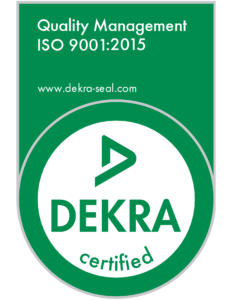Solvent bonding is generally not effective for polyethylene (PE) because it has low surface energy and poor chemical resistance to most solvents. However, some specialized solvents, such as 1,2-dichloroethane or trichloroethylene, can bond some types of polyethylene if the surface is first treated with a corona discharge or flame to increase surface energy. Additionally, a surface modifier can be used to increase the surface energy of the polyethylene, which can improve bonding results.
Overall, solvent bonding is not the preferred method for bonding polyethylene. Other methods, such as ultrasonic welding or heat sealing, are typically used for joining polyethylene parts.

